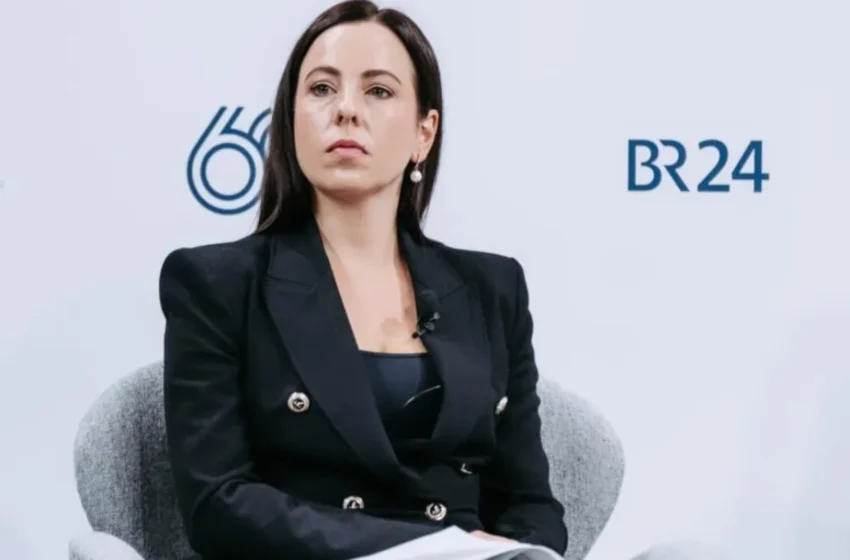DA’s Emma Powell resigns over threats, surveillance

Emma Powell
In a move that has sent ripples through South Africa’s political landscape, Democratic Alliance (DA) Member of Parliament Emma Louise Powell has stepped down from her role as the party’s international relations spokesperson. Her resignation follows what she describes as sustained harassment, threats, intimidation, and alleged surveillance — a chilling backdrop to an already high-stakes political portfolio.
Announcing her decision via a statement on her X account on Monday, Powell cited both personal and political pressures, pointing to “illegal surveillance” and a “toxic climate” that made her continued service untenable. Her decision comes just a week after claims surfaced that she had been spied on by the State Security Agency (SSA), raising serious concerns about the safety and independence of opposition voices in the country.
Powell, who has held her seat in Parliament since 2019, has been a vocal critic of the African National Congress’s (ANC) foreign policy, often clashing with senior officials and exposing what she sees as the government’s complicity with authoritarian regimes.
“As a woman in politics, I understand viscerally the cost of standing up to bullies,” Powell wrote. “Good leaders know when it is time to step back and allow others to carry the baton forward.”
A Tenure Marked by Global Advocacy
During her two-and-a-half-year tenure as the DA’s international relations lead, Powell travelled extensively — often controversially — to engage with foreign partners and advocate for liberal democratic values. Her visits included a trip to the United States in March and a sponsored trip to Israel in April. The US visit eventually cost her colleague, Andrew Whitfield, his post as deputy minister, while the Israel trip drew ire from the ANC, who perceived it as undermining South Africa’s official foreign policy.
“Driven by my commitment to the DA’s foundational principles, I accepted these risks as the unavoidable cost of standing up to and exposing the Department of International Relations and the ANC’s relationships with authoritarian regimes.”
She also alluded to the constraints of the current Government of National Unity (GNU), describing it as a “fragile” arrangement that limits the DA’s capacity to effect change.
Controversy Over Jonas and US Visa Claims
Powell recently made headlines after alleging that President Cyril Ramaphosa’s special envoy to the United States, Mcebisi Jonas, had been denied a US visa — a claim that the ANC dismissed as a “smear campaign.” In response, Powell struck back on social media, accusing the ANC of deflecting with racial rhetoric.
“I’ve waved our flag high, and I’ve told the truth,” she said. “The ANC has been exposed for misleading the public and failing to act as the US tariff deadline looms… I remain unmoved.”
A New Chapter and a New Voice
Despite stepping back from her international portfolio, Powell will remain in Parliament. In her statement, she reaffirmed her commitment to public service, particularly empowering women to lead:
“I will continue to use my voice in Parliament to inspire others, especially young women, to step into leadership with courage and conviction.”
The DA has since announced that Ryan Smith, the party’s constituency head for Knysna and Powell’s deputy in the portfolio, will take over as the new spokesperson on international relations. Chief whip George Michalakis thanked Powell for her service and confirmed that she would be reassigned a new portfolio soon.
As the political dust settles, Powell’s resignation underscores the risks faced by outspoken leaders in a politically charged environment — and the urgent need for transparent oversight in South Africa’s security apparatus. Her departure is not just the end of a chapter for the DA’s international policy agenda, but a stark reminder of the personal cost that often accompanies principled political leadership.

